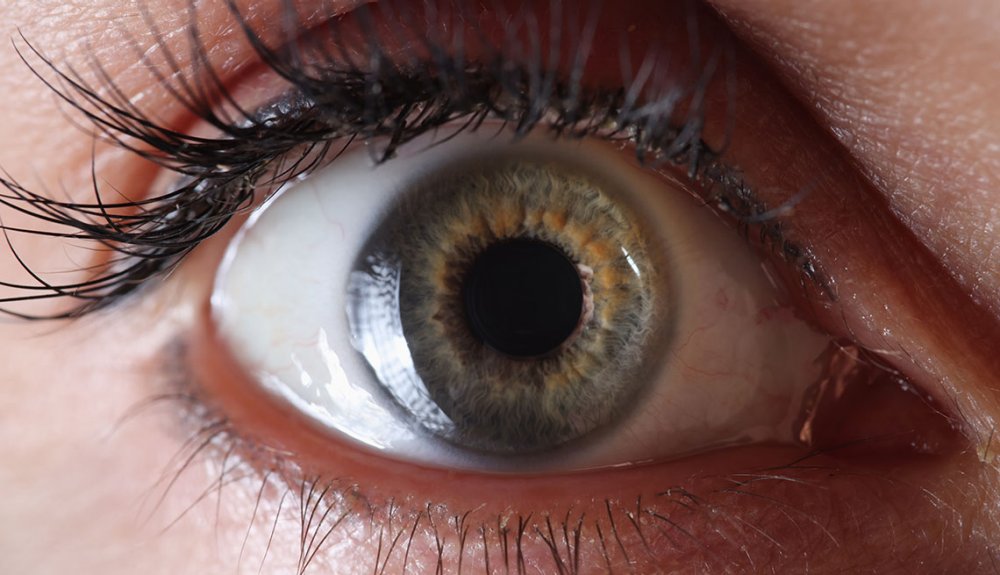All Categories
Featured
Table of Contents

Regular eye assessments are necessary for preserving excellent vision and spotting possible eye health and wellness problems early. Nonetheless, the regularity of these tests can vary significantly based on an individual's age, lifestyle, and general health. Understanding the advised timetable for eye exams can assist make certain that people of any ages get proper care and tracking for their eye health.
Infants and Toddlers (0-2 Years)
For kids and infants, eye exams are essential for detecting any kind of possible vision troubles early. The American Academy of Ophthalmology suggests that a youngster's first eye test ought to occur at around six months old. Throughout this preliminary go to, the eye treatment professional will certainly evaluate the youngster's aesthetic growth and look for any kind of apparent eye problems.Following this initial examination, it is recommended that youngsters have another eye exam at age 3. This see will certainly concentrate on assessing the child's overall aesthetic feature, consisting of eye placement and the capability to track items. If no concerns are found, the following exam should be set up prior to the youngster begins institution, typically around age five or six.
School-Aged Children (6-18 Years)
Routine eye examinations ought to be set up every one to two years once kids reach college age. Vision is essential for discovering and advancement, and many schools carry out vision screenings. These screenings do not replace a thorough eye examination by an eye care professional.For kids associated with sports or tasks calling for considerable aesthetic emphasis, annual eye tests might be suggested. In addition, if a kid shows indicators of vision problems-- such as trouble checking out, squinting, or constant headaches-- a browse through to the eye doctor must be arranged asap.
Young Grownups (19-39 Years)
Young person usually have less vision changes than older age teams, but normal eye examinations continue to be essential. The general referral is to schedule an eye exam every two years throughout this period. Nonetheless, individuals with specific risk variables-- such as a household background of eye condition, diabetes, or those who put on call lenses-- must take into consideration yearly eye examinations.In addition, those who invest considerable time on digital gadgets might experience digital eye pressure. If symptoms such as dry skin, exhaustion, or obscured vision take place, it may be a good idea to see an eye care expert sooner.
Grownups (40-64 Years)
As individuals enter middle age, the likelihood of creating vision troubles rises. Adults aged 40 to 64 should set up eye tests each to two years. This age team might start to experience presbyopia, a natural age-related condition that makes it challenging to concentrate on close items. Eye exams can likewise assist find other common age-related problems such as glaucoma, cataracts, and macular deterioration.If individuals in this age have risk variables like hypertension or diabetes mellitus, they may require even more regular evaluations to check their eye health and wellness closely.
Elders (65 Years and Older)
For senior citizens, routine eye tests end up being even more critical. The American Optometric Association advises that people matured 65 and older have an eye examination at the very least once a year. Older grownups are at a higher threat for numerous eye diseases, consisting of cataracts, glaucoma, and age-related macular deterioration. Early detection and treatment of these problems can avoid vision loss and improve the high quality of life.Verdict.
Comprehending the appropriate routine for eye exams based on age is vital for maintaining ideal eye health throughout life. By sticking to these guidelines and consulting with an eye care professional, people can take aggressive steps towards preserving their vision and total health.Table of Contents
Latest Posts
Picking the Right Place: What to Consider for Wedding Events, Meetings, and Occasions
Published en
1 min read
Welcome to Red Hawk Gastropub: A Culinary Journey
Published en
1 min read
Canyon Crest Wedding Catering-- Perfect Menus for Every Celebration
Published en
4 min read
More
Latest Posts
Picking the Right Place: What to Consider for Wedding Events, Meetings, and Occasions
Published Mar 14, 25
1 min read
Welcome to Red Hawk Gastropub: A Culinary Journey
Published Feb 23, 25
1 min read
Canyon Crest Wedding Catering-- Perfect Menus for Every Celebration
Published Feb 21, 25
4 min read